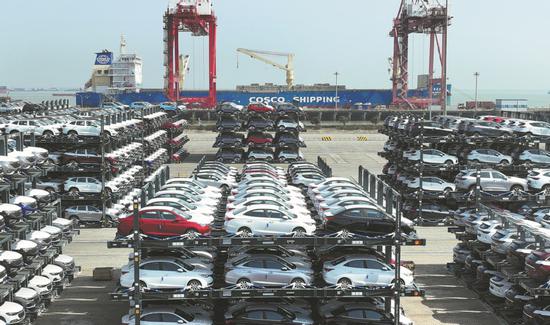
Vehicles from Chinese brands wait to be exported from a port in Suzhou, Jiangsu province. (Photo provided to China Daily)
A spokesperson for the Chinese embassy in the United States has urged the U.S. to "earnestly" abide by World Trade Organization rules and immediately cancel the additional tariffs it decided to impose on electric vehicles and some other products from China.
The United States is increasing tariffs on $18 billion worth of Chinese imports, targeting a variety of imports from China, including electric vehicles, lithium batteries, photovoltaic cells, critical minerals, semiconductors, steel and aluminum products.
The fresh levies come on top of the already massive tariffs imposed on more than $300 billion worth of Chinese goods, which were introduced during the Trump administration, according to the results of a four-year review of the Section 301 tariffs, released by the Office of the United States Trade Representative on Tuesday.
"The latest move by the U.S. is typical unilateralism, political maneuvering and hegemonic bullying," embassy spokesperson Liu Pengju told a briefing in Washington on Tuesday.
Liu, also a minister counselor, said that the U.S. side is using its Section 301 tariff review in an "arbitrary" way, and that instead of correcting its wrong practices, the U.S. is going further down a wrong path.
China is gravely concerned about the U.S. moves and will do whatever necessary to defend its own interests, he said.
Slapping new tariffs on Chinese products runs counter to U.S. President Joe Biden's words of "not seeking to contain China's development" and "not seeking to decouple with China", and it contradicts the spirit of mutual understandings between the two presidents and severely undermines the atmosphere of bilateral cooperation, Liu said.
Liu noted that the U.S. move will only significantly drive up the cost of imported goods, inflict more loss on American companies and consumers, and make the U.S. consumers pay even more.
"The WTO has drawn a clear conclusion that the U.S.' Section 301 tariffs violate WTO rules and international law," the spokesperson said.
As one of the founders of the WTO, the United States has not only failed to be a role model in complying with WTO rules, but taken the lead in breaching them, he added.
"By so doing, the U.S. can hardly embody the ‘fair competition' it champions, nor can it keep its credibility in the international community," Liu said.
He stressed that the U.S.' move will not stop China's development and rejuvenation, but will only spur the Chinese people to forge ahead with greater determination.
Taiwan question 'first red line'
Also at the briefing, Liu commented on the recent negative moves and statements by the U.S. side, stressing that the Taiwan question is the first red line that must not be crossed in China-U.S. relations.
Recently, the U.S. official invited the Taiwan region to participate in the World Health Assembly (WHA) as an observer, and certain U.S. officials have made misleading remarks on United Nations General Assembly (UNGA) Resolution 2758.
"We stress that UNGA Resolution 2758 and WHA Resolution 25.1 fully reflect and recognize the one-China principle," Liu said. "They should not be challenged or tempered with. Taiwan's participation in international organizations must be and can only be approached under the one-China principle."
On U.S. congressional visits to Taiwan and the second phase of negotiations on the 21st Century Trade Agreement, Liu said that China firmly opposes official interactions between the U.S. and the island or U.S. interference in Taiwan affairs that are China's internal affairs.
Liu also pointed out that U.S. arms sales to the Taiwan region is a "dangerous bet", which violates the one-China principle and the three China-U.S. Joint Communiqués.
"We urge the U.S. side to stop arming Taiwan and its provocative moves of using Taiwan to contain China. The U.S. side needs to take concrete actions to preserve the overall as well as mil-to-mil ties between China and the U.S., and safeguard regional peace and stability." Liu said.










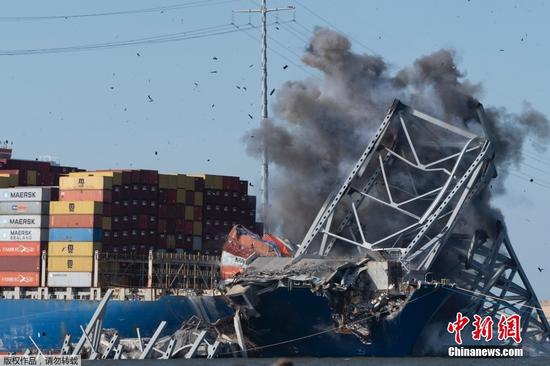

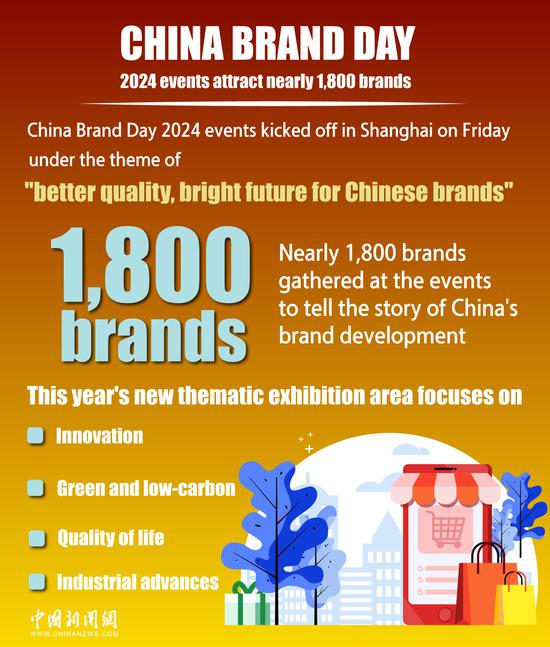




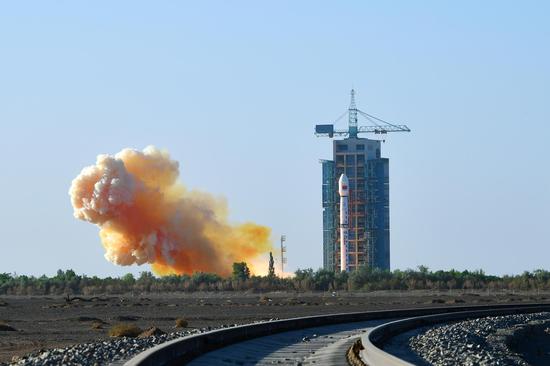



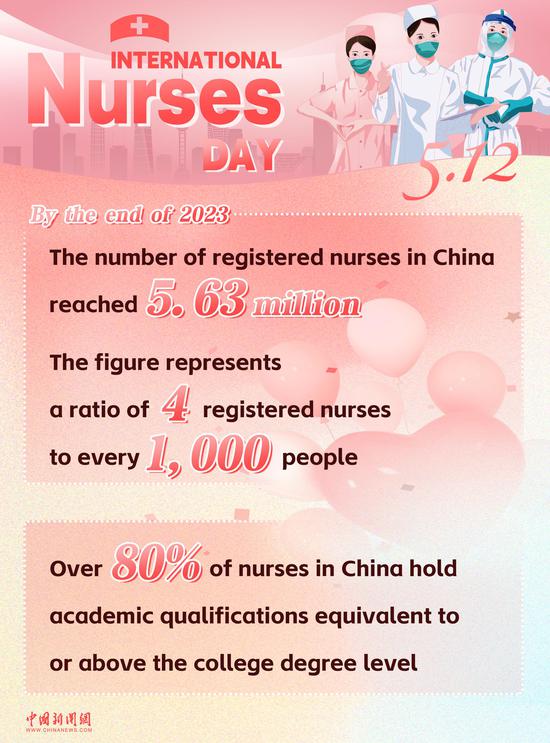
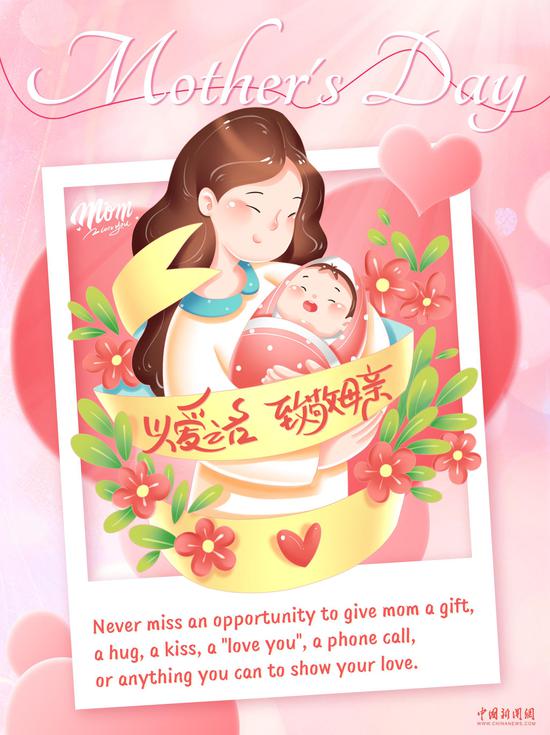
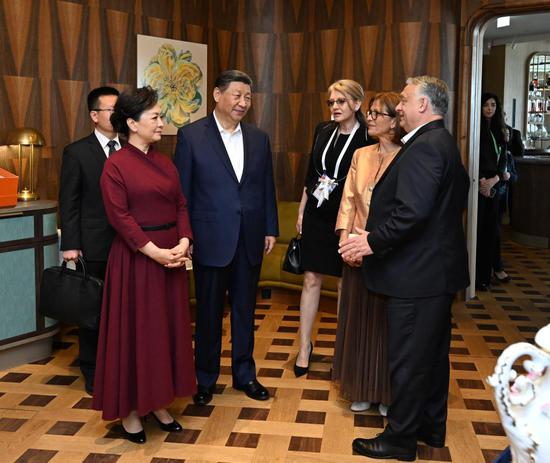
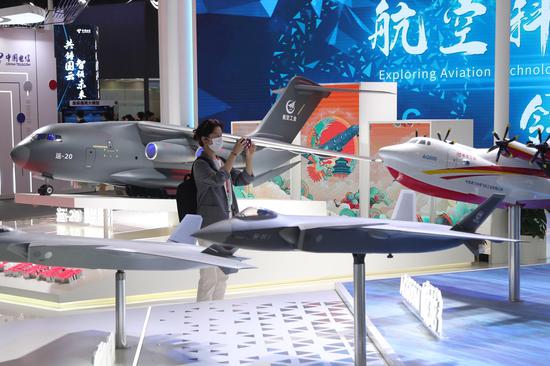



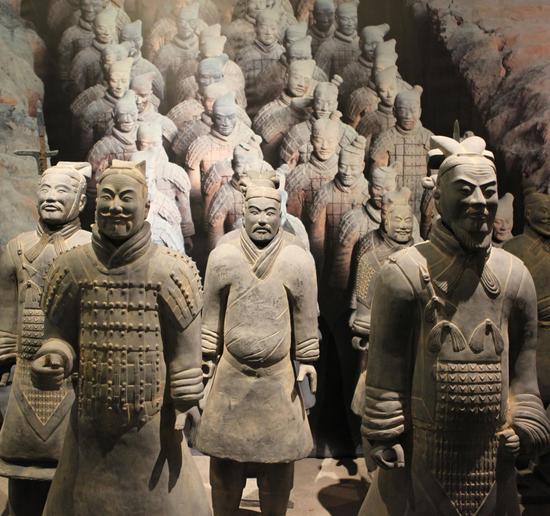
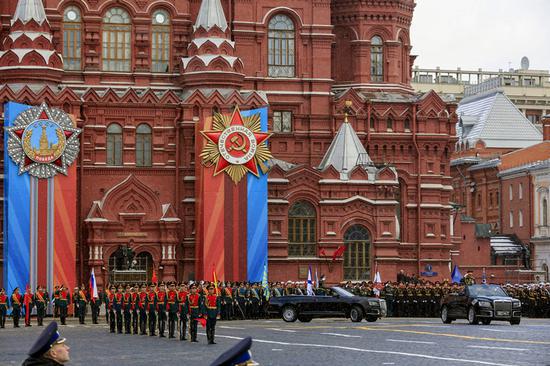

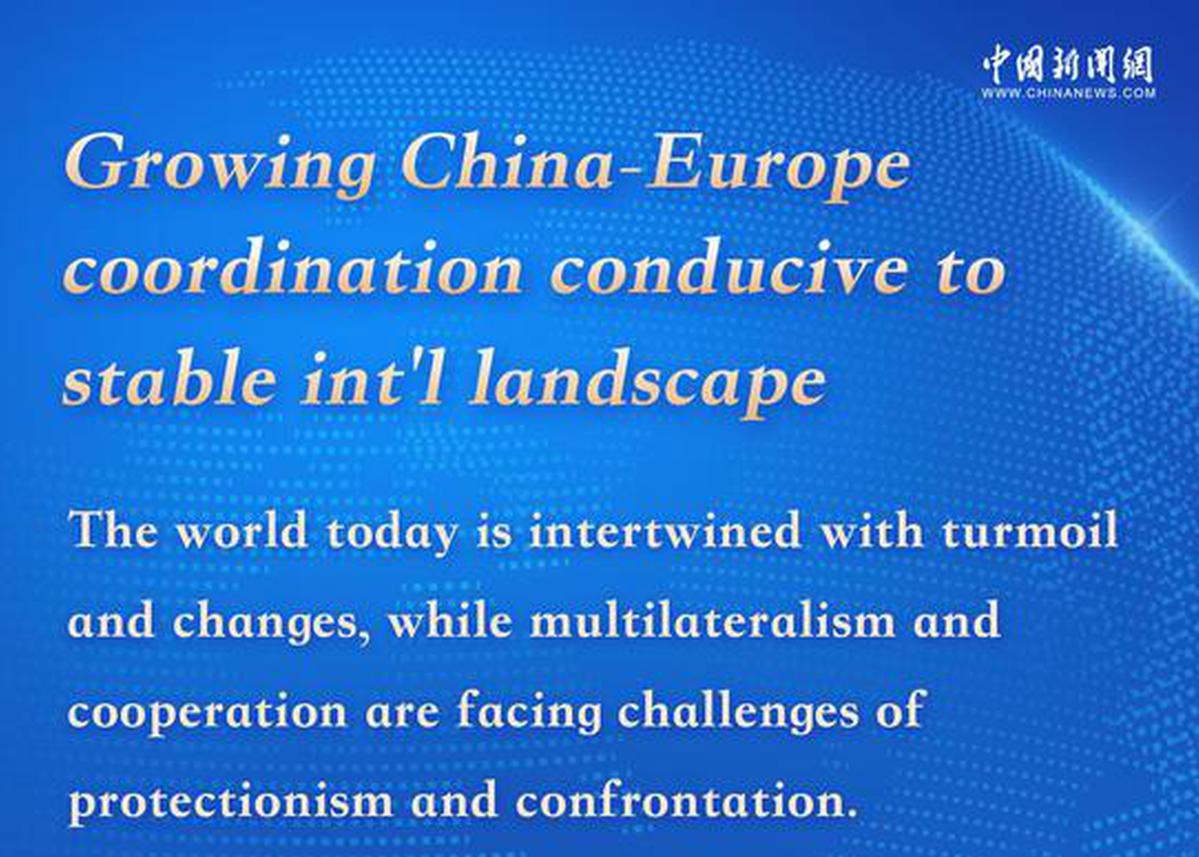
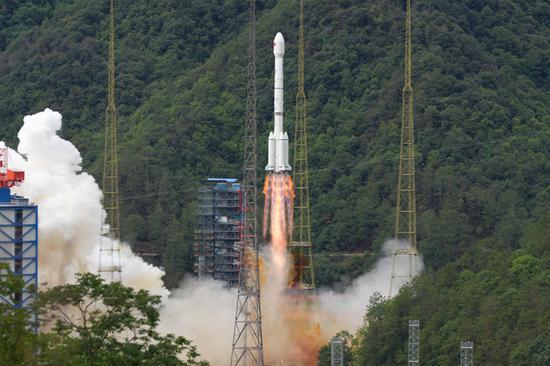
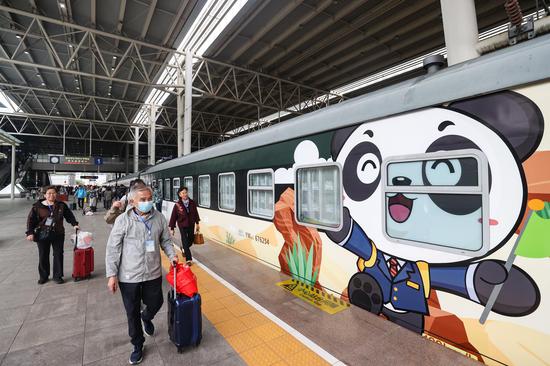

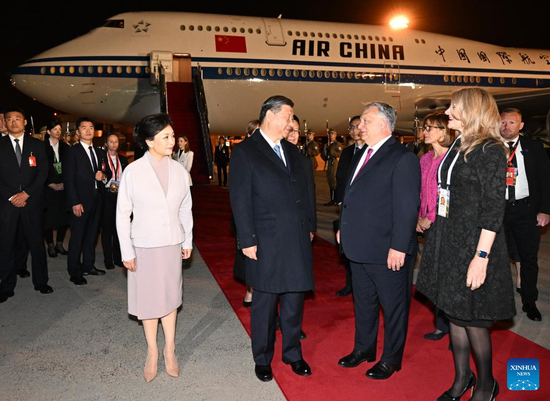
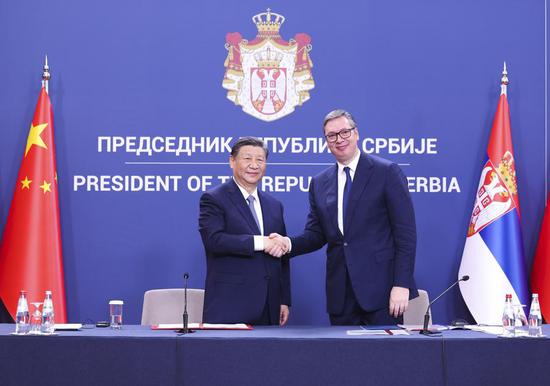
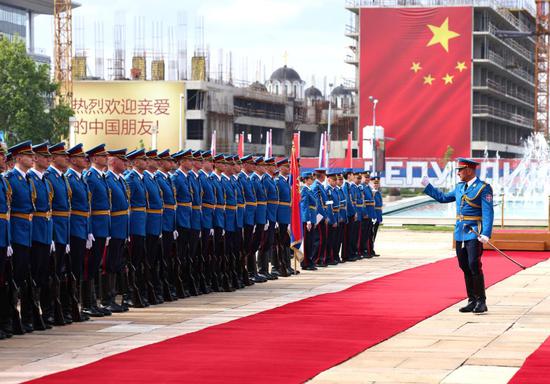
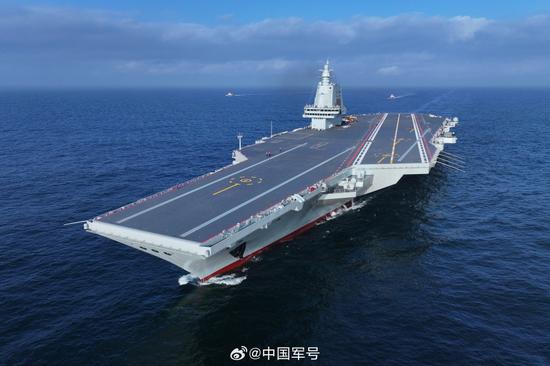
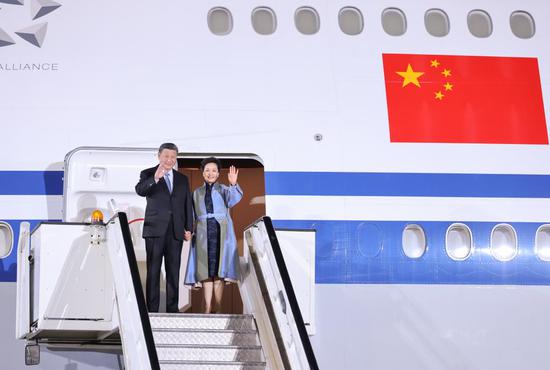
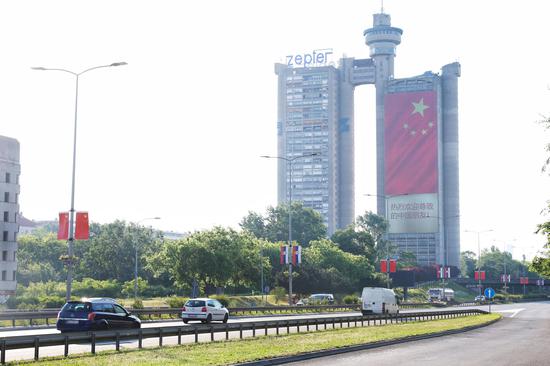

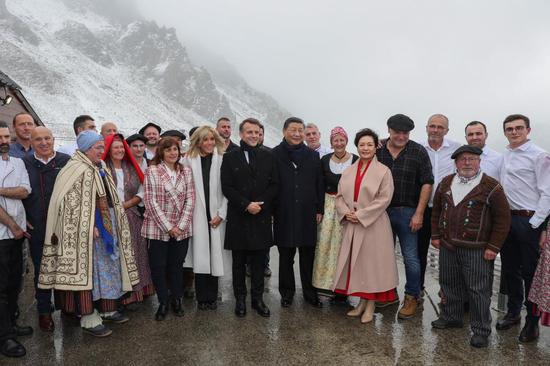
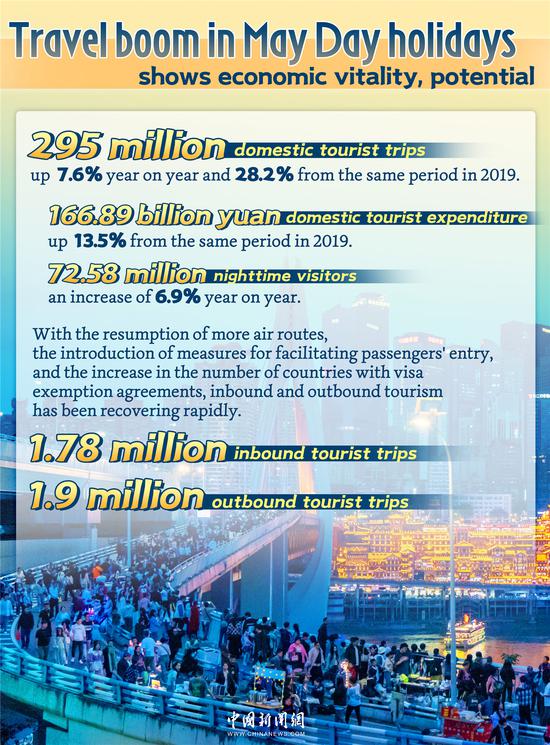
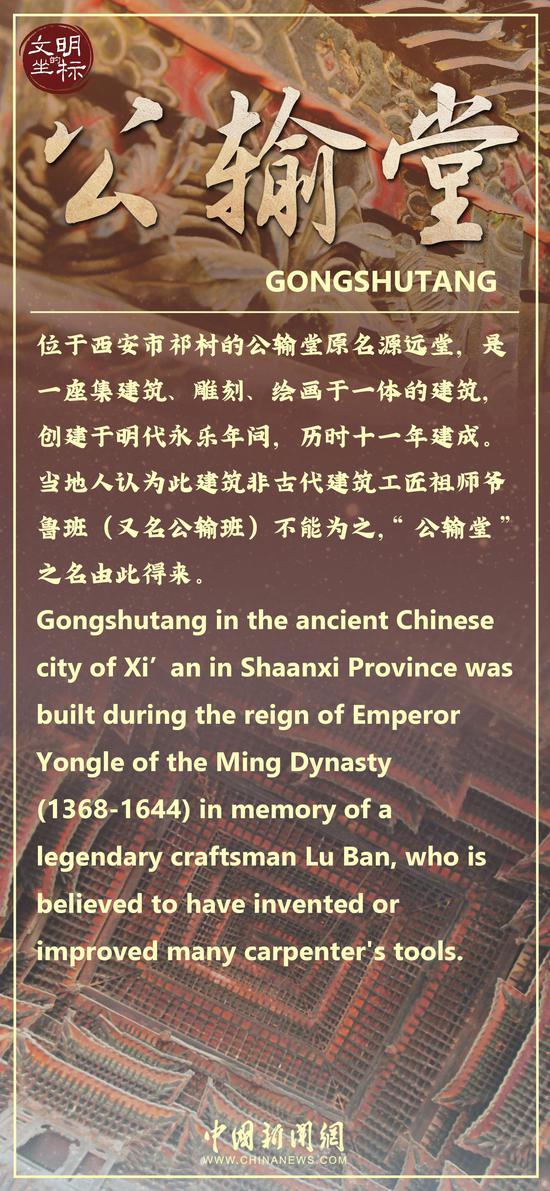





 京公网安备 11010202009201号
京公网安备 11010202009201号